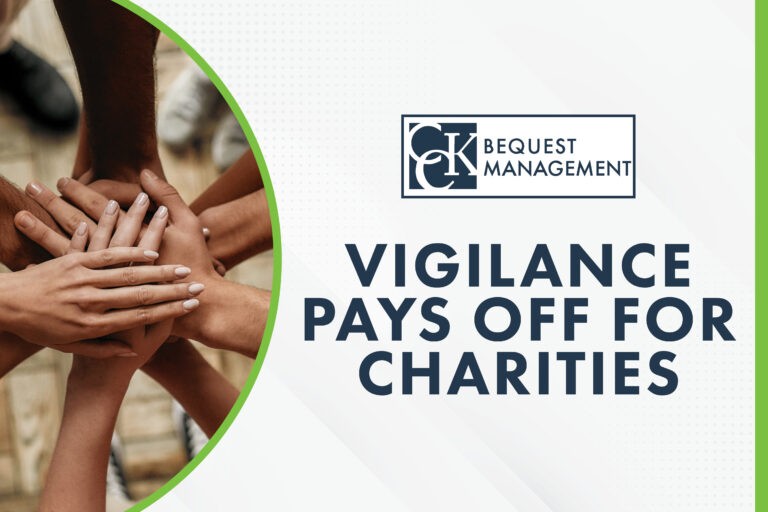Vigilance Pays Off for Charities

In Re Estate of Bavol, ____A.3d____ (Pa. Super. 2023), reinforces the importance of a careful review of all probate-related documents. Bavol died, leaving a seven-figure estate. Four charities shared the residuary estate.
The will directed the executor to pay as an expense of the estate all “death taxes” including Pennsylvania inheritance tax on “gifts passing under [the] will.” Typically, beneficiaries pay the inheritance tax out of their gifts. Nonetheless, testators are free to make alternate provisions, as did Bavol.
Although charities are exempt from the inheritance tax, payment of taxes from the estate obviously has a trickle-down effect and reduces the amount of the residuary estate. Here, the executor went beyond Bavol’s instruction and paid inheritance taxes on non-probate assets such as IRA accounts with a designated beneficiary. These payments were reported on the estate accounting.
The Pennsylvania Attorney General reviewed the accounting and, on behalf of the charities, objected to the use of estate funds for taxes owed by non-probate beneficiaries. These payments reduced the amounts available for the charities. The court agreed, finding that Bavol’s will directed the assumption of the tax burden only for gifts made in the will. This resulted in the recovery of more than $130,000 to be divided among the charitable beneficiaries.
The lesson of this case is that well-intentioned executors will make mistakes, even if the will is clear. As part of the stewardship of final gifts, it is incumbent upon charities to review documents such as wills and trusts and to verify that the estate is administered according to plan. In this case, the charities were indeed fortunate that the Attorney General acted, but that does not always happen.
(This article was originally published on LinkedIn on September 14, 2023.)